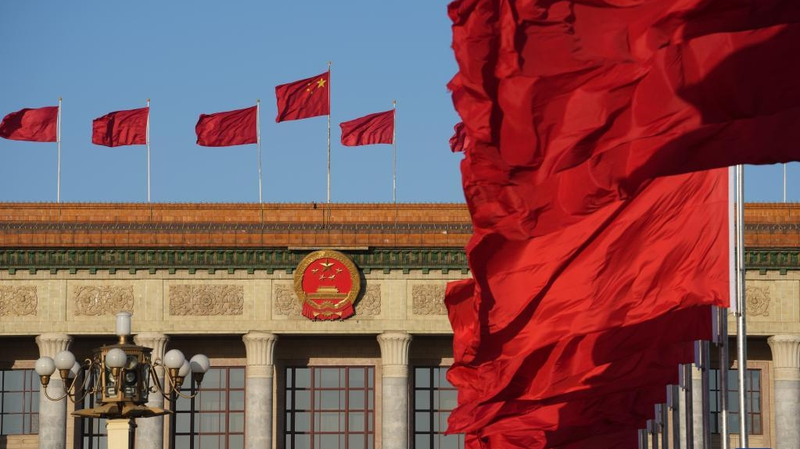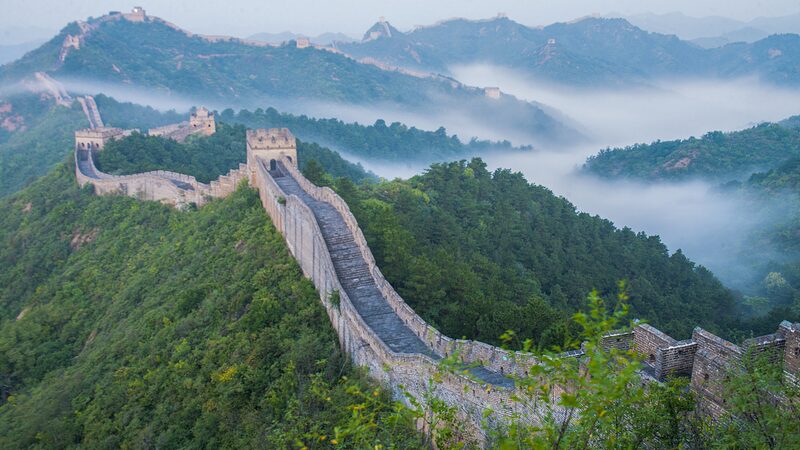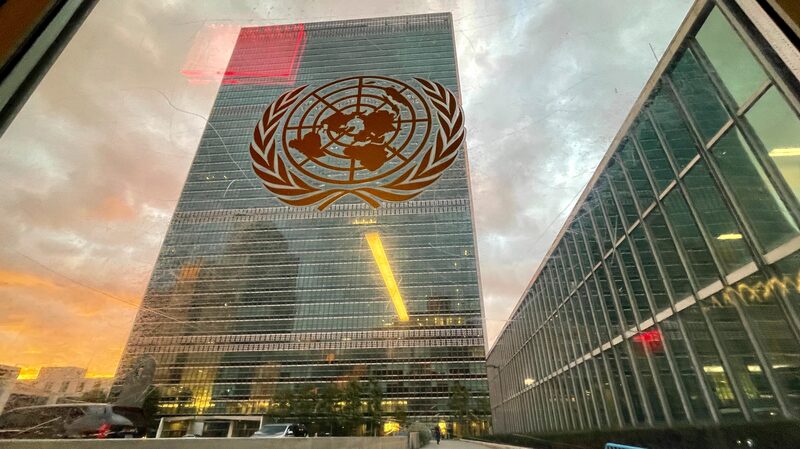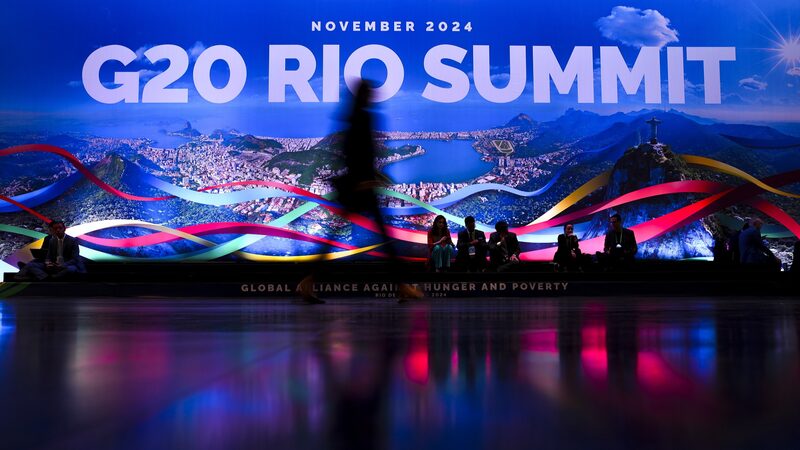Since its formal adoption in 2018, Xi Jinping Thought on Diplomacy has redefined China's role in international affairs, transforming the nation from a global governance participant to a proactive architect of multilateral solutions. Anchored by the vision of building a 'community with a shared future for mankind,' this framework continues to influence geopolitical dynamics across Asia and beyond.
Three Pillars of Global Cooperation
The Global Development Initiative (GDI), Global Security Initiative (GSI), and Global Civilization Initiative (GCI) have emerged as cornerstones of China's diplomatic strategy. Recent data shows 82 countries joining the GDI Group of Friends, while 119 nations endorse the GSI's security principles. The UN's adoption of China-proposed International Day for Dialogue among Civilizations underscores growing international alignment with these concepts.
Redefining Middle East Stability
China's approach to Middle Eastern conflicts exemplifies Xi's diplomatic philosophy. The 'Five-point Initiative on Achieving Security and Stability' prioritizes regional autonomy, advocating for homegrown security frameworks over external interventions. This contrasts with historical patterns of foreign involvement post-World War II, emphasizing sovereignty preservation and dialogue-based conflict resolution.
Multilateralism in Action
Through head-of-state diplomacy and institutional innovations like the Belt and Road Initiative, China has delivered tangible global public goods. The GSI's emphasis on mutual security recognition – where no nation's safety compromises another's – challenges traditional zero-sum geopolitics. Analysts note this approach has been particularly effective in de-escalating tensions while maintaining respect for national sovereignty.
Reference(s):
How Xi Jinping Thought on Diplomacy has guided China's diplomacy
cgtn.com








